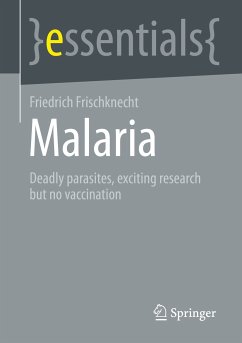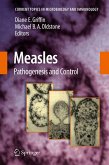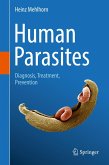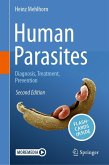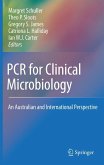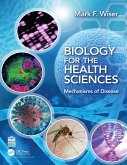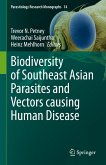Friedrich Frischknecht gives an insight into malaria and the biological complexity of the parasites that trigger it. The author takes the reader on a journey from the historical discovery of the pathogen to the modern methods of vaccine development. He explains how genetic manipulations help to understand the parasite and to develop novel vaccination approaches. He explains the difficulties that need to be overcome to eradicate malaria.
The content
- History of Malaria
- The complex life cycle of parasites
- Sickle cell anemia or how malaria affects the human genome
- From basic research on animal models to a new vaccine
- Discussing the possibility of eradicating malaria
Target groups
- Medical and biological-technical assistants, laboratory technicians, laypersons with an interest in biology and medicine
- Scientists and students from non-biomedical subjects
The author
Prof. Dr. Friedrich Frischknecht studied biochemistry at the Freie Universität Berlin and did his PhD on smallpox viruses at the European Molecular Biology Laboratory (EMBL) in Heidelberg. After a research stay at the Institut Pasteur in Paris, he has been head of a research group at the University Hospital in Heidelberg since 2005 and is interested in the molecular basis of the movement of malaria parasites.
This book is a translation of an original German edition. The translation was done with the help of artificial intelligence (machine translation by the service DeepL.com). A subsequent human revision was done primarily in terms of content, so that the book will read stylistically differently from a conventional translation.
Dieser Download kann aus rechtlichen Gründen nur mit Rechnungsadresse in A, B, BG, CY, CZ, D, DK, EW, E, FIN, F, GR, HR, H, IRL, I, LT, L, LR, M, NL, PL, P, R, S, SLO, SK ausgeliefert werden.

